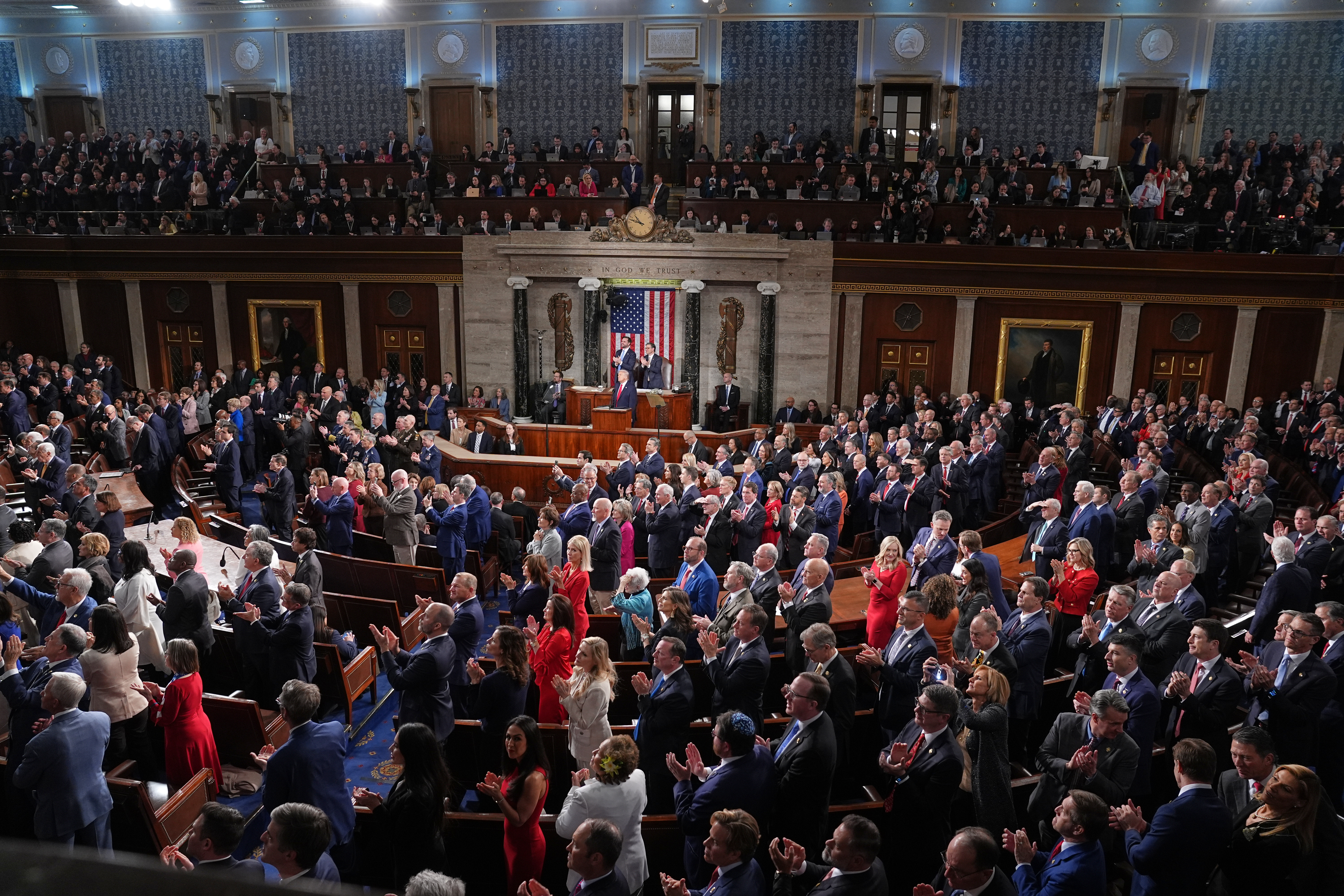"Even if a show is on every week, or if it's a streaming show, would change how you write it, for sure. That's a new — that's a modern phenomenon."
By now, it should go without saying: Streaming changed the way we watch or binge television.
But, how has it changed the way TV is written?
"You watch all these pilots now that are these cliffhangers. And that's based on maybe a creative instinct, but it's also based on data that people binge shows that make you go like, 'Wait, what?' And you have to watch — where you didn't necessarily do that as pointedly with a weekly show."
One way of looking at this change is through the difference between serialized and episodic television. Serialized series typically feature overarching storylines that flow directly from one episode to the other, while episodic ones are more contained.
To give some examples, "Seinfeld" is episodic, while "The Marvelous Mrs. Maisel" is serialized. "Star Trek: The Original Series" is episodic, while "Star Trek: Discovery" is serialized.
Because of how easy and common it is now to binge-watch full series, streaming platforms tend to lean towards serialized content that can be bought all at once.
For the first time ever, according to researchers at FilmLA, more than half of the new television projects this year were ordered "straight to series" — rather than through traditional, one-episode pilots.
FilmLA credits this change to the rise of digital streaming companies, but some writers are pushing back on the serialization trend.
"I love streaming, I love Netflix. One of the issues that I have with Netflix is that everything feels like a ten-hour, 13 hour-movie. And while I love these ten-hour movies. What I start to miss is the episodic nature of television."
Aron Eli Coleite is the showrunner behind the Netflix original teen comedy "Daybreak." ["So, where do I see myself in the future? Crushing the apocalypse."]
Coleite doesn't bemoan cliffhangers, and "Daybreak" is still pretty serialized. But one of the goals for the series was to make every episode stand alone — much like one of his own favorite series from TV's pre-streaming era.
"The series that I hold dearest to my heart and that made me want to become a television writer was 'Buffy the Vampire Slayer.' And I love how every episode could have a different monster of the week, could shift in tone — the episode would do a deeper dive on a singular issue or a singular theme."
Without spoiling anything, "Daybreak" does a lot of what "Buffy" did.
Many of its episodes homed in on specific characters, themes and quote-unquote "monsters of the week," while still carrying an overarching storyline through a hybrid serialized-episodic style.
That isn't new for television, but in the streaming era, it isn't common. Only a handful of shows — like "Orange is the New Black," "BoJack Horseman" and "The Crown" — have been able to do it with critical acclaim.
For "Daybreak," Coleite thinks the hybrid-style will keep viewers — especially Gen Z ones — engaged in each episode's contained story, but compelled enough to keep watching.
"When I showed my daughter the very first episode, she was like, 'Okay, I want to see the next. I need to see the next episode right now.' I was like, 'well, it's not done.' And she's like, 'no, no. You don't understand, I need to watch now. I have to watch.' That even gave me more of a hint of like this is just how they are used to it now watching television. They need to watch it on their own schedule at their own time."










